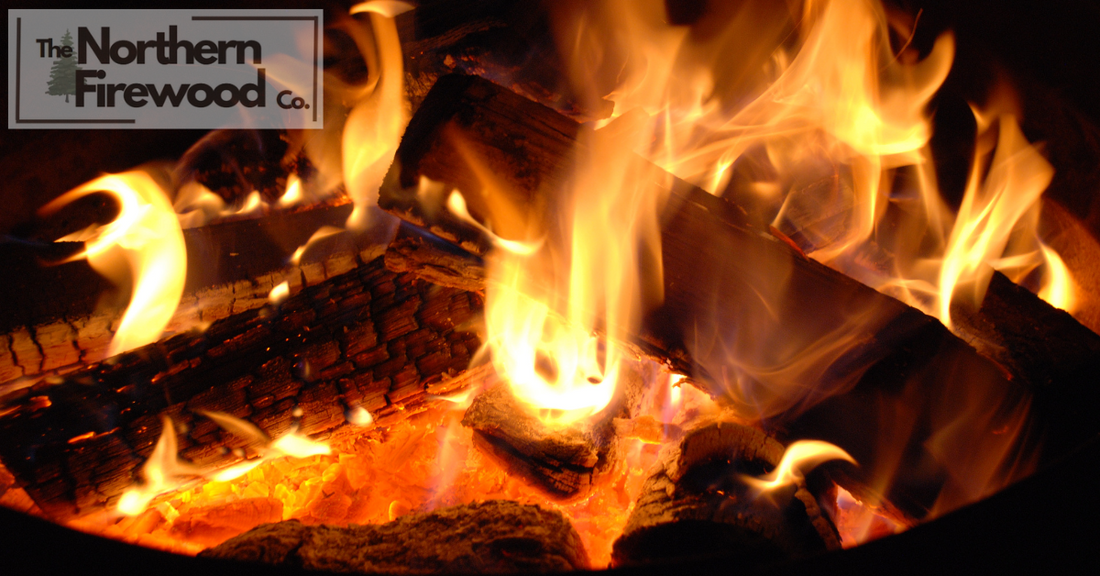
Why you should be burning very (kiln-dried) dry firewood
Share
Burning dry firewood instead of wet wood is crucial for multiple reasons, primarily related to efficiency, safety, and environmental impact. Here's a detailed look at why dry firewood is the preferred choice.
Efficiency and Heat Output
Kiln-Dried firewood has a significantly lower moisture content, below 20%, which allows it to burn more efficiently. Wet wood, on the other hand, can contain over 60% moisture, meaning that a considerable amount of energy is wasted in evaporating this water before the wood can start producing heat. This inefficiency leads to:
- Lower Heat Output: Wet wood generates less heat because much of the energy is used to boil off moisture instead of providing warmth.
- Difficult Ignition: Wet wood is harder to ignite and requires more kindling and effort to maintain a fire, making it less convenient for users.
Environmental Impact
Burning wet wood has detrimental effects on air quality and the environment:
- Increased Smoke Production: Wet wood burns less completely, resulting in more smoke and harmful emissions, including particulate matter that can contribute to air pollution and health issues. This is particularly concerning as it exacerbates respiratory problems and increases the risk of carbon monoxide poisoning due to incomplete combustion.
- Creosote Build-Up: The excess smoke produced from burning wet wood, added to lower flue temperatures, leads to a faster accumulation of creosote in chimneys and flues. This sticky residue poses a fire hazard and requires more frequent maintenance to prevent chimney fires. This is very important when burning softwoods. As you will be aware be back burning softwoods for a number of reasons, but it is very important to make sure the wood is very dry.
Health Concerns
The health implications of burning wet wood are significant. The smoke produced contains harmful particulates that can aggravate conditions like asthma and other respiratory diseases. Moreover, the increased carbon monoxide levels from inefficient burning can pose serious health risks if proper ventilation is not maintained. With the current legislative pressures, all wood burners must work together to keep the standards up or it will be enforced on us!
Regulations and Recommendations
Due to the environmental and health risks associated with burning wet wood, regulations have been implemented in some regions, such as the UK, where the sale of unseasoned wood is restricted. This move aims to encourage the use of properly seasoned firewood, which not only burns cleaner but also enhances the efficiency of wood-burning appliances.
Conclusion
In summary, burning dry firewood is essential for maximizing heat output, minimizing environmental impact, and ensuring safety. The benefits of using seasoned wood far outweigh the temporary convenience of burning wet wood, making it a more sustainable and responsible choice for heating and cooking. For optimal results, always ensure your firewood is kiln-dried and stored properly to maintain its low moisture content.
https://www.love-logs.com/blogs/science-and-the-environment/why-buy-kiln-dried-wood
[7] https://www.woodfuel.coop/top-tips/dangers-burning-damp-wood/
[8] https://www.homefire.co.uk/blog/the-true-cost-of-burning-wet-wood.html
